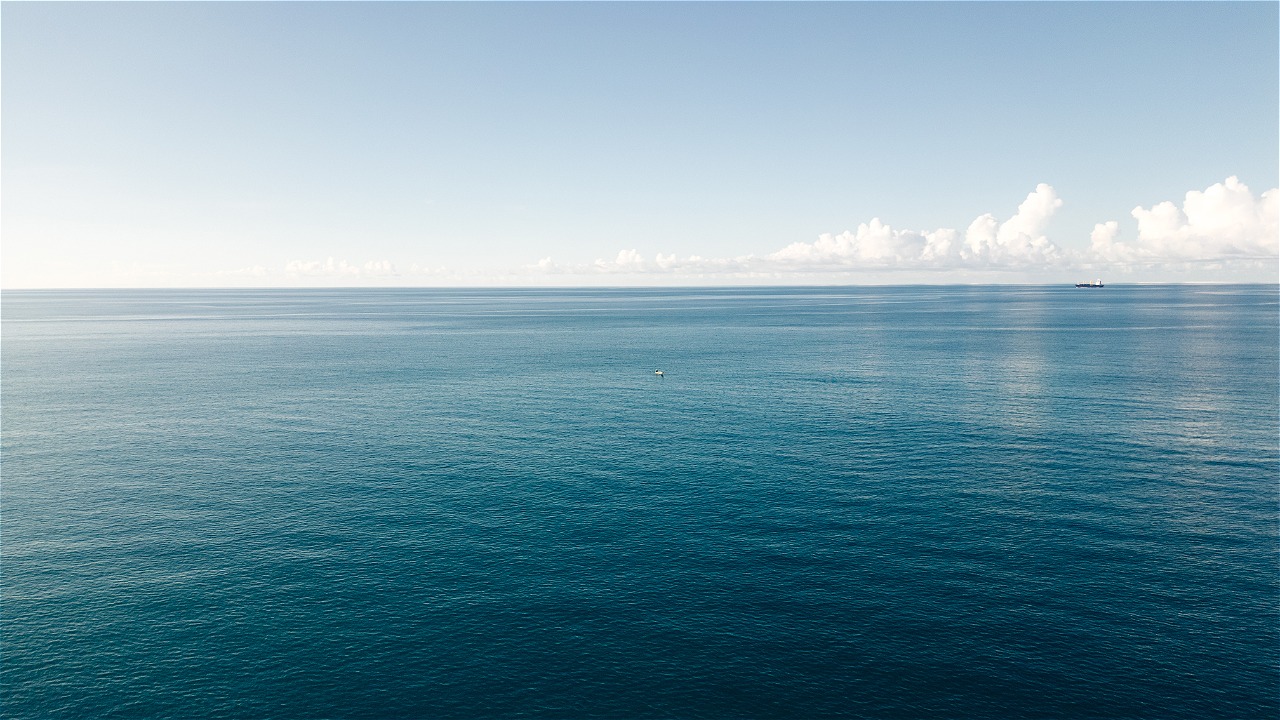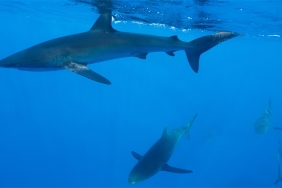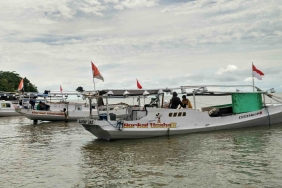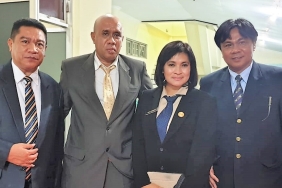INTEGRATED CLASS OF WEST MANGGARAI: STRENGTHENING THE SYNERGY OF ECOSYSTEM-BASED FISHERIES MANAGEMENT (1)
By:
- Saraswati Adityarini (Fisheries Officer, WWF-Indonesia)
- Jensi Sartin (Komodo MPA Coordinator, WWF-Indonesia)
West Manggarai needs to immediately implement an ecosystem-based fisheries management approach to prevent decline while building fisheries. This is the main recommendation of the Integrated Class of Regional Apparatus Organizations in West Manggarai, Thursday (23/03/2017) in Labuan Bajo.
This recommendation is based on the results of an assessment of fisheries in West Manggarai in 2015, which also provides proposals for fisheries improvement plans and the formation of a special team for sustainable fisheries in the district that includes the Komodo National Park area.
West Manggarai Regency itself has an area of 9,450.00 km2, with 64% of its area being water, or 6,052.50 km2.. The fisheries and marine sector, both capture fisheries and aquaculture, plays an important role in the regional economy. This provides urgency for integrated management, in order to ensure the availability of fish in the future.
Since 2012, ecosystem approach to fisheries management (EAFM) has been introduced as an approach aimed at sustainable fisheries. The implementation of EAFM in West Manggarai itself has gone through a long process until now.
In a presentation at the Integrated Class which raised the theme of the integration of ecosystem-based fisheries management (EAFM) in sustainable development, Ir. Jotham S.R. Ninef, M.Sc from the Learning Center Ecosystem Approach to Fisheries Management (EAFM) conveyed the importance of a precautionary approach in fisheries management.
"Don't just think that the fish in the sea are still safe. Don't feel that as long as there is fish in the market, there is no problem," said Mr. Jotham.
In front of the West Manggarai government officials, Mr. Jotham explained in detail the results of the assessment of fisheries management performance in West Manggarai with EAFM indicators in 2013 and 2016. This assessment was conducted by WWF-Indonesia together with the Food Security and Fisheries Office of West Manggarai Regency and Artha Wacana Christian University and Politani Kupang.
"There are 6 domains of EAFM indicators as a comprehensive approach that becomes a measuring tool in seeing the condition of regional fisheries management, namely habitat and ecosystem, fish resources, fishing technology, social, economic, and institutional," he explained.
Overall, the condition of fisheries in West Manggarai is still in the poor category. The results of the analysis with the composite index show that fisheries management in West Manggarai still lacks attention.





